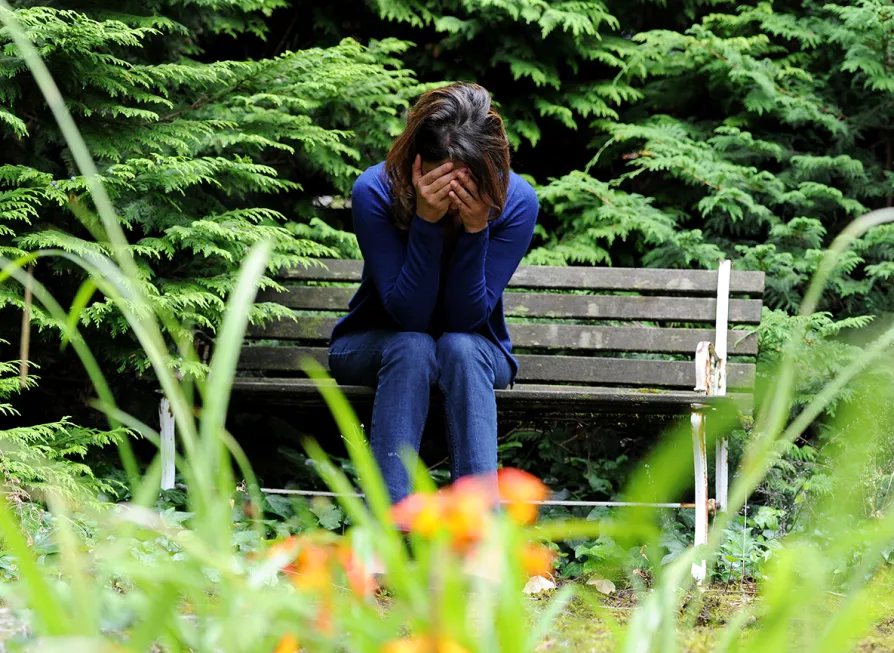
“THERE is clear evidence we are really struggling with health problems — I don’t think £30 billion in extra spending on sickness and disability benefits is because people are feeling ‘a little bit bluesy’.”
Work and Pensions Secretary Liz Kendall’s acknowledgement that Britain’s health crisis is real is an improvement on Rishi Sunak’s dismissive talk of a “sick-note culture.” People taking time off because they felt “a little bit bluesy” was her Tory predecessor Mel Stride’s sensitive characterisation of the rise in mental ill health.
Labour recognises the reality of worsening health. What we haven’t seen yet is a serious assessment of the causes. This is a problem when Chancellor Rachel Reeves trails “difficult decisions” on welfare spending ahead of the Budget.
The scale of the problem should not be in doubt. By April, a million more people were receiving a sickness-related payment than in 2019.
The rise in sickness is sharper among the young than in other age groups, and mental health conditions are an ever larger share of the total.
What does Labour suggest? Weight-loss drugs to help obese people into work and job coaches on mental health wards.
This is the wrong way round: starting with reducing unemployment rather than improving health. Ironic, given Health Secretary Wes Streeting stresses the need to move the NHS from a curative to a preventative model of care.
When we look at a national health crisis the state of the National Health Service isn’t a bad place to start. Chronic understaffing is behind our seven-million-long waiting lists.
Curable conditions can become chronic conditions if left untreated, as they often are for months and even years. The NHS needs to fill its 100,000-plus job vacancies: this means raising spending and addressing high staff turnover by reversing years of real-terms pay cuts.
We also need investment in mental healthcare, acknowledged as a “Cinderella service” for years but never really addressed. The lack of prompt treatment for mental health issues drives people who can afford it to the private sector and can seriously aggravate conditions.
Beyond the NHS, our society is structured to subject millions of people to intolerable stress in their daily lives.
It’s stressful to be unable to predict your income or working hours, and the gig economy expanded rapidly under the Tories. Juggling jobs in a constant battle to keep a roof over your head will take a toll on physical and mental health.
And how secure is that roof, even if you get the hours? The sell-off of most social housing and the growth of the private rented sector, in which tenancies are among the most insecure in Europe, has been a catastrophe. Instability, an inability to put down roots or get a secure place to call home, drives anxiety and despair.
If you want somewhere to get away from it all, or even keep fit, what has happened to our public amenities? Hundreds of municipal libraries, over 1,000 swimming pools, have closed their doors as the Tories pushed local government across Britain into bankruptcy.
The stresses are imposed at school, too: through an exam-factory learning model that makes British children among the most tested in the world, and through social factors like the increase in sexual harassment of girls, itself linked to the rise in consumption of online pornography by boys.
If the list seems endless, it is because everywhere we look capitalism is driving people to the edge, ripping up the social contract to maximise profit.
What is Labour going to do about it?
A confrontation with the evils of capitalism is more than we can expect from Keir Starmer.
But shifting the debate about ill health away from benefits and towards causes allows us to advance particular battles to make life better — in healthcare, at work, in housing policy, across local government — and demand real solutions.

















